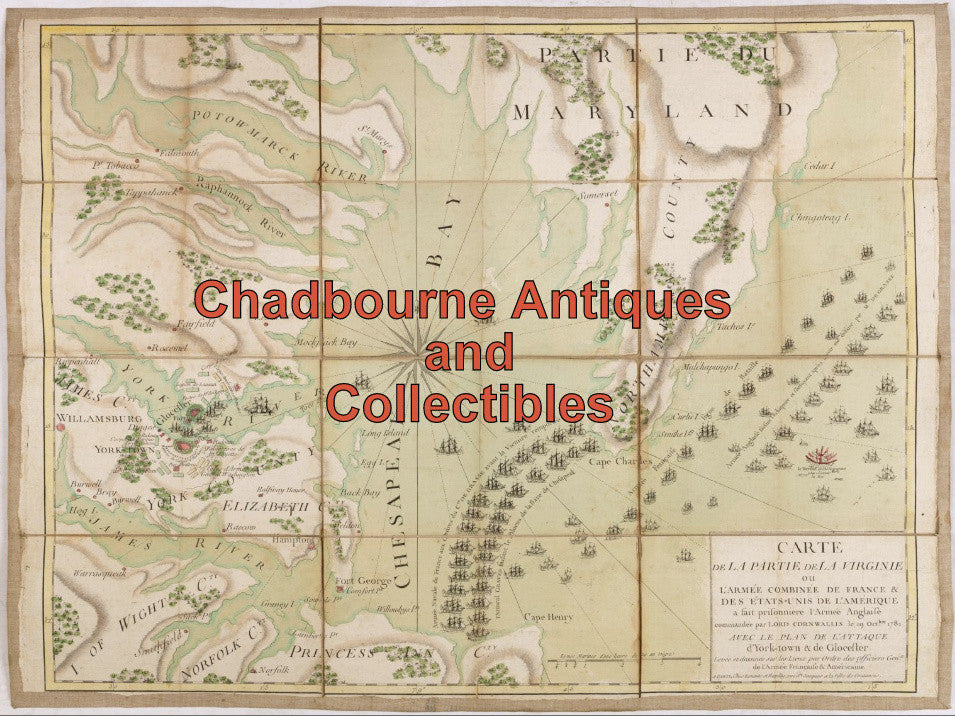$85.00 CAD
| /
1876 wine order Calcutta India by Major Edward Ridley Colborne Bradford, From lot of letters sent to Adet Curcier, wine merchants in Bordeaux. During visit of HRH Prince of Wales.
Colonel Sir Edward Ridley Colborne Bradford, 1st Baronet, GCB, GCVO, KCSI, ADC (1836 –1911) was a British Indian Army officer who later served as Commissioner of Police of the Metropolis, head of the London Metropolitan Police, from 1890 to 1903. He was made an Aide-de-Camp to Queen Victoria.
Letterhead with stg's head and motto HUMANI NIHIL ALIENUM (Nothing is alien to humans)
2 Middleton St Calcutta Feb 11th
Sirs,
I received your letter dated 29th Oct/75. I shall be happy to – some of your wine that you can recommend for transmission abroad. I shall be much obliged to you to send me the following:
Please send it off at once, directed to me c/o/ Messrs Grindlay & CO. Calcutta
I remain yours faithfully
EW Bradford Major Gnrl. Superd.t Thuggee & Dacoity
(General superintendent of the Thuggee and Dacoity Department, which effectively acted as the Viceroy's secret police)

Indian Staff of HRH The Prince of Wales: Prince of Wales Tour of India 1875-6 https://www.rct.uk/collection
Creases, few toning spots, paper tear UR near seal.
Printed on thin paper
21 x 13 cm

In 1862, he returned to India and was made Political Assistant in West Malwa. On 10 May 1863, he was mauled by a tigress during a hunt near Guna and lost his left arm. He continued to ride in pigsticking, holding the reins between his teeth, but his active military career was over.
He remained in the Indian Army, but served as Political Agent at successively Jaipur, Baghelkhand, Bharatpur and Mewar. He was promoted captain in 1865 and major in 1873. In 1866, he married Elizabeth Adela Knight. In 1874, he was made general superintendent of the Thuggee and Dacoity Department, which effectively acted as the Viceroy's secret police. In March 1878, he was appointed governor-general's agent for Rajputana and chief commissioner of Ajmer, in charge of relations with the Rajput princes, by whom he was respected and admired, not least because he had survived an encounter with a tiger. In private, however, he had no time for them, regarding them as lazy, vain, stupid and underhand. He was promoted lieutenant-colonel in 1879 and colonel in 1884. Having been appointed a Companion of the Order of the Star of India (CSI) in 1876, in June 1885, he was knighted as a Knight Commander of the Star of India (KCSI) for his services.
In 1887, he returned to London as secretary of the Political and Secret Department of the India Office, but the following year returned to India to conduct Prince Albert Victor, Duke of Clarence on a tour of the country, returning to England in 1889. He was made an Aide-de-Camp to Queen Victoria (holding the post until 1893), and was offered the governorship of Cape Colony, but refused it.
In June 1890, Bradford was appointed to succeed James Monro as Commissioner of Police. His immediate concern was to restore stability after the Black Monday and Bloody Sunday riots and the resignation of three Commissioners in the past two years. He was an ideal choice. His military background gave him authority and experience of command (although his personality was generally easy-going), while his experiences in India gave him knowledge of administration, criminal investigation and the workings of the civil service. His years in control of the Met were generally peaceful and stable, with the police's standing in public opinion rising steadily. In 1899, crime in London fell to its lowest point in recorded history.
WIKIPEDIA
